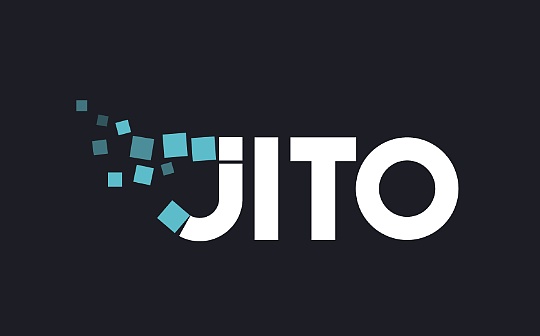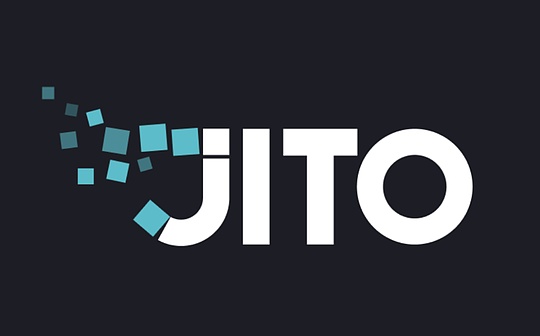
Author: Jack Kubinec, Blockworks; Compiled by: Deng Tong, Bitchain Vision
Solana’s largest liquid staking project is entering the re-staking field.
Earlier today,The Jito Foundation announced in a blog post that it has released the code for Jito to restake.As the network’s fast and low-cost DeFi ecosystem continues to expand, this move puts the Jito Foundation in the competition to establish restakes on Solana.
Re-staking refers to the use of pledged cryptocurrencies to protect other blockchain applications and services, which can theoretically expand the security of the basic layer of blockchain.In theory, this should take advantage of non-productive collateral assets and make the proof of stake system more efficient.
Eigen Labs was the first to launch EigenLayer on Ethereum, which in addition to a16z’s $100 million investment, has attracted billions of dollars in deposits.
Restaking has not yet been launched on Solana, but Jito’s release of its code base represents a noteworthy step forward.One major competitor is Solayer, which has attracted great interest during a short period of acceptance of deposits.Solayer’s GitHub does not contain code for its restaked products.
Jito’s restaking combines one of the most compelling pillars of the Solana ecosystem with one of the cryptocurrency’s hottest narratives.Jito runs the fork of the original Solana Labs validator client and makes some modifications to achieve the maximum extractable value (MEV).This MEV can be very profitable for a validator running Jito-Solana client.Jito co-founder Lucas Bruder said on X that earlier today, a validator received a $311,000 tip in a deal.
Users who use Jito’s liquid stake pool to stake Solana tokens can get liquid JitoSOL.This pool is the largest pool in the network, and JitoSOL can be used elsewhere in DeFi, while also receiving staking and MEV rewards.Since its launch in November 2022, JitoSOL has become Solana’s main liquid staking token, accounting for about 45% of all mobile staking tokens on the network.(It is worth noting that only about 6% of the staked SOLs are held in the form of liquid staked tokens.)
As detailed in Thursday’s blog post, Jito’s resolute product uses a similar nomenclature to EigenLayer.Node operators can allow stakers to re-stake their assets, which are used to protect Active Verification Services (AVS).Improper behavior nodes may be cut.
A notable difference is that Jito restakes can accept any token using the Solana SPL token standard, while EigenLayer accepts only EIGEN and Ethereum that is staked or liquid staked.








